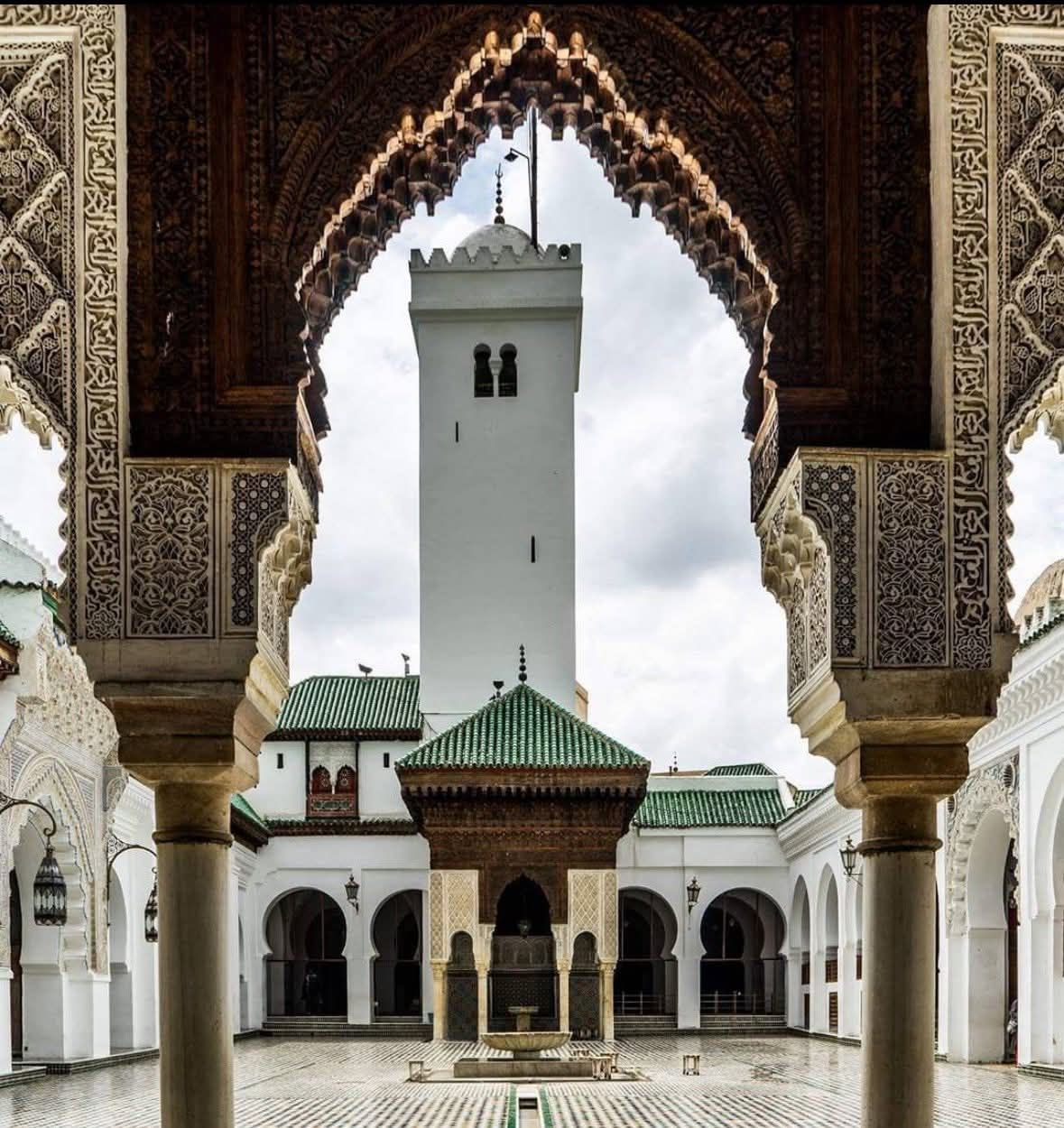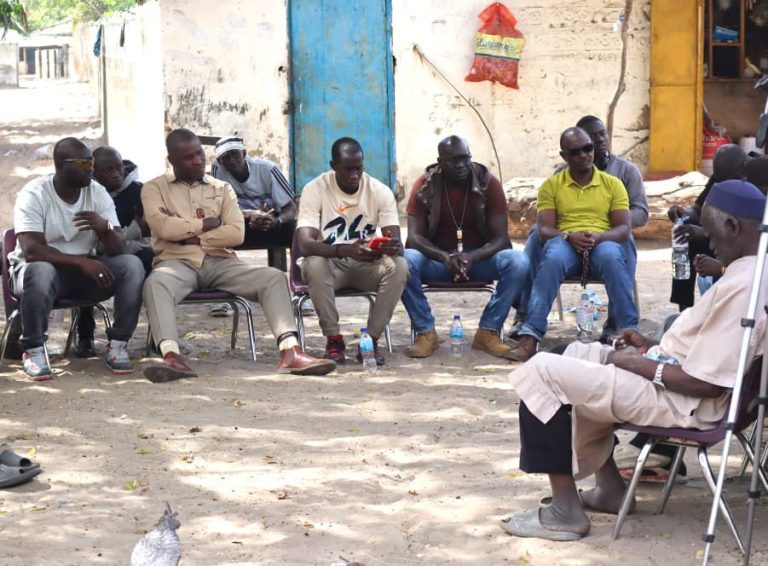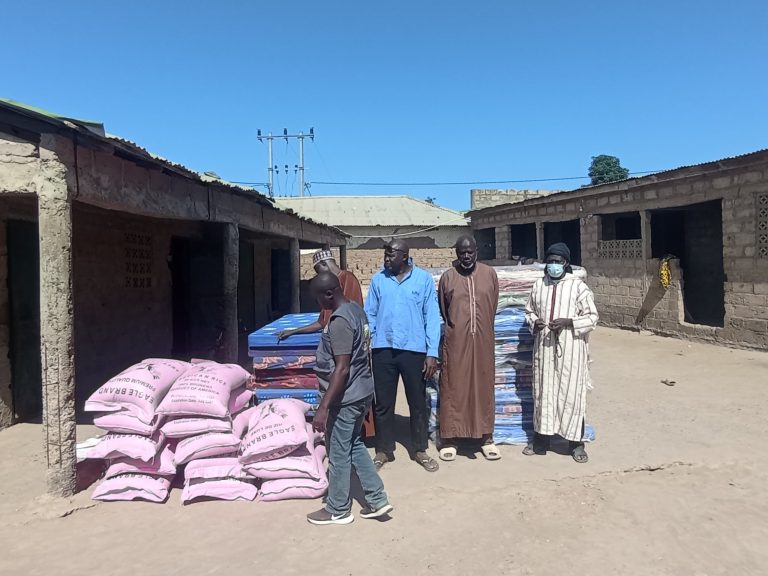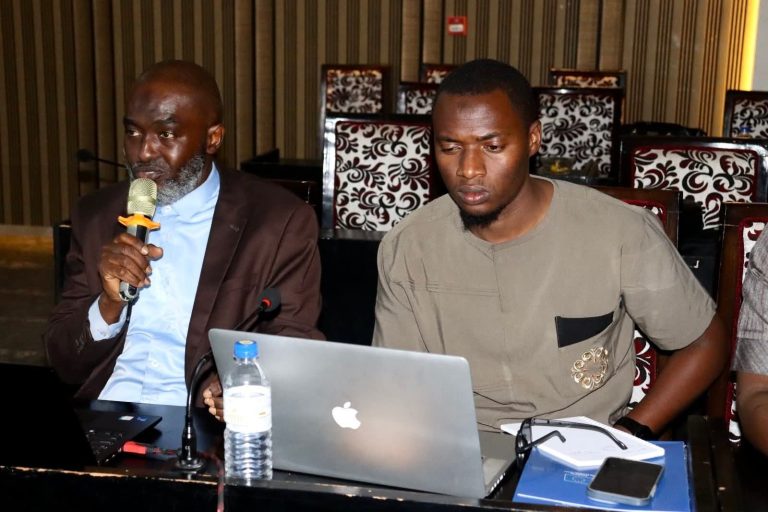
By:Dr Lamin K Janneh
It is often said that history is written by the victors. But for Africa, much of its story has been deliberately unwritten. In the dominant global narrative, the origins of formal education are typically traced to European institutions such as Oxford and Bologna, with scant or no recognition of African scholarly systems that predate them by centuries. Yet when we examine the full arc of human civilisation, Africa emerges not as a passive recipient, but as a pioneering architect of structured learning.
During my research for three interrelated works, African Proverbs for Global Success, The Strength of an African Woman, and the revised edition of Inherited Chains: Reclaiming Sovereignty in the Post-Colonial World, I travelled across the continent, visiting some of the world’s oldest and most revered centres of knowledge: Al-Qarawiyyin University in Morocco and Sankore University in Timbuktu, Mali.
Al-Qarawiyyin: A Monument to Female-Led Scholarship
Founded in 859 CE by Fatima al-Fihri, a learned and visionary North African woman, Al-Qarawiyyin is widely recognised as the oldest continuously operating degree-granting university in the world. It was never merely a religious seminary. Long before Europe’s intellectual reawakening, Al-Qarawiyyin offered advanced education in astronomy, medicine, jurisprudence, logic, and grammar.
When I visited Fez, I was struck not only by the architectural grandeur of the university, but also by the humility and depth of the administrators who continue to steward its legacy. Their reflections echoed the central argument of Inherited Chains: that Africa’s intellectual contributions have been systematically eclipsed, marginalised, and often misattributed in global historiography.
Al-Qarawiyyin stands as a direct challenge to the colonial assumption of where knowledge begins, and who is entitled to define it.
Timbuktu: The Intellectual Jewel of Mali
My journey to Timbuktu was more than academic, it was ancestral. I sat with custodians of ancient knowledge: scholars, elders, and guardians of Sankore University, and its vast network of over 180 Quranic schools that once made Timbuktu a cosmopolitan centre of scholarship. I held centuries-old manuscripts, meticulously preserved treatises on medicine, mathematics, philosophy, and ethics, and witnessed the ongoing effort to digitise and protect them from modern threats.
But what struck me most was something deeply personal.
In discussions with keepers of oral history, I learned that my own ancestors, the Jannehs, were remembered among the notable educators, ecturals, of Timbuktu. These were not casual claims. They were corroborated by lineage records, local memory, and frequent references in scholarly accounts.
In that moment, Inherited Chains became more than a political or academic endeavour. It became a journey of ancestral recovery. I was not just unearthing lost African histories. I was recovering fragments of myself.
Decolonising Education Through Lived Experience
The revised edition of Inherited Chains explores how colonialism disrupted African knowledge systems, not merely through political conquest, but through epistemic violence. The erasure of African-led education was deliberate. New institutions were imposed to sever African societies from their indigenous philosophies, moral frameworks, and intellectual sovereignty.
By physically returning to these ancient universities, by engaging directly with their stewards, and by locating my own ancestry within their story, I experienced what I now call a sovereign reconnection, a re-rooting of African identity in memory, dignity, and truth. This is not nostalgia. This is reclamation.
It is a refusal to let the chain of intellectual inheritance be broken.
Conclusion: A Call to Remember and Rebuild
Let it be known: Africa was teaching the world long before the world taught Africa. The universities of Al-Qarawiyyin and Timbuktu are not footnotes to Western progress. They are foundational to global civilisation. Their libraries, teachers, manuscripts, and international networks shaped the trajectory of science, ethics, jurisprudence, and intellectual inquiry.
As I complete the revised edition of Inherited Chains, I do so with unwavering conviction: Africa’s renaissance will not be imported. It will be remembered. And it begins by telling our stories, grounded in fact, embodied in ancestry, and elevated by truth.
Dr. Lamin K. Janneh is the author of African Proverbs for Global Success, Inherited Chains: Reclaiming Sovereignty in the Post-Colonial World, and The Strength of an African Woman.




